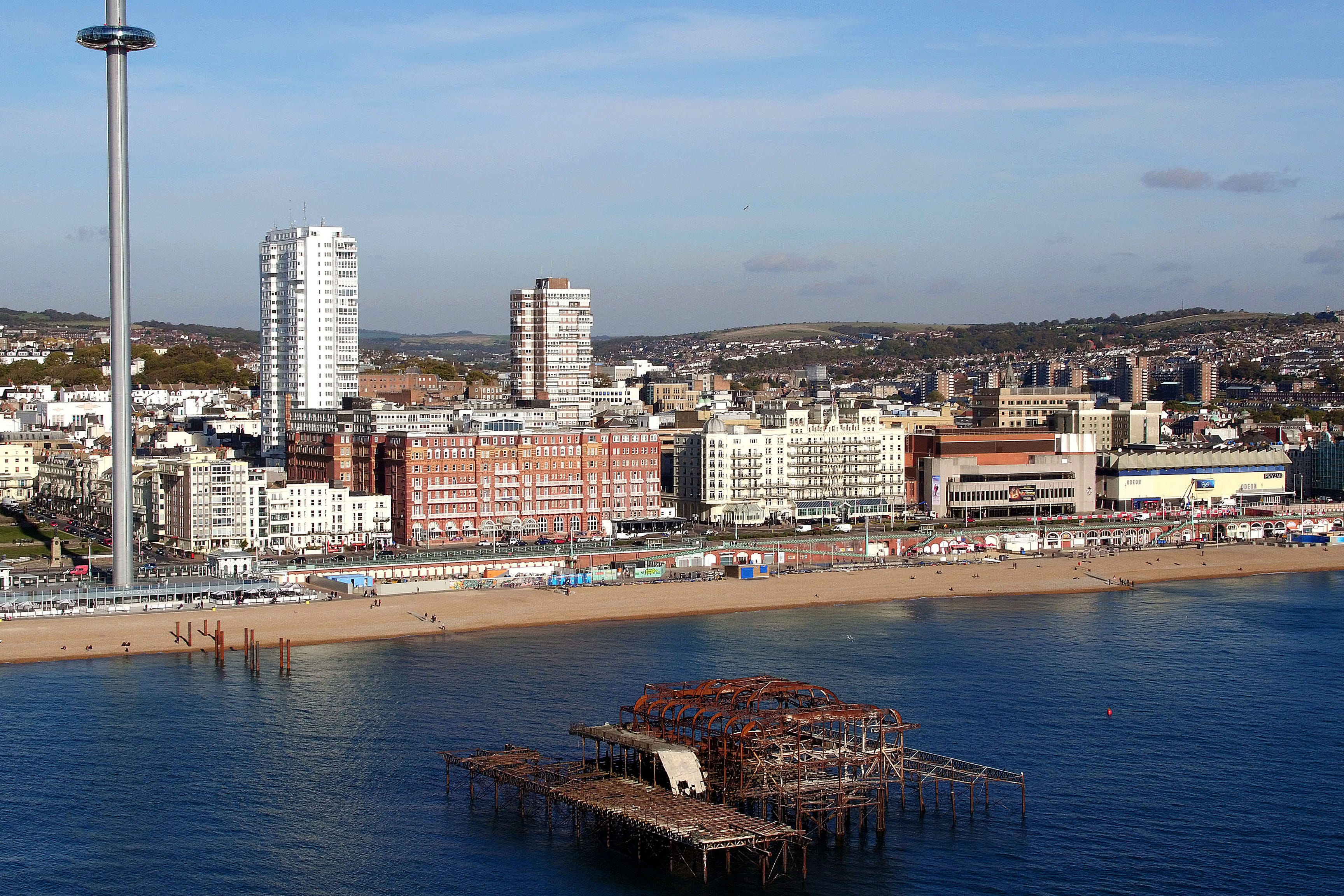
A seal pup seen lying motionless on Brighton beach is now recovering after being rescued by the RSPCA.
The harbour seal, named Fern by its rescuers, was found on the beach on 7 August and did not respond even as children approached.
Jess O’Doherty, wildlife supervisor at RSPCA Mallydams, said: “He didn’t even flinch when approached. This kind of behaviour is very concerning in seals and signals serious exhaustion or illness.”
The young animal was picked up by medics from British Divers Marine Life Rescue and taken to the rescue centre near Hastings.

“He’s now in safe hands with our expert team, and we’re doing everything we can to give him the second chance he deserves,” added Ms O’Doherty.
Staff at the centre said Fern was severely underweight and looked “very downcast” when he arrived at around 9pm, though he soon perked up after regular feeding. He also responded well to antibiotics for a bite wound.
An RSPCA spokesperson said Fern might have been separated from her mother because of an attack from another seal or dog, indicated by a deep puncture wound on her flipper. The animal charity has urged the public not to approach resting seals and keep dogs on a lead.
“We want to remind the public that it’s crucial to keep your distance from all seals resting on the beach. Even healthy seals need space to rest undisturbed,” said Ms O’Doherty.

“It’s also dangerous for people or dogs to get too close to them as seals are strong and powerful and can give a painful - and potentially infectious - bite if they are disturbed or feel threatened.”
The RSPCA said it is natural for seals to come out of the water to rest, mate and feed babies, or if they are unwell. A spokesperson said: “We know people are very fond of seals, and many well-intentioned people may want to encourage them back into water if they see them on land - but it's really important not to do this.”
Harbour seal populations have recently declined in south-east England, with no signs of recovery, according to research by the University of St Andrews.
Scientists at the university’s Sea Mammal Research Unit (SMRU) recorded 29 per cent fewer harbour seals in the region in surveys over the past decade. The seals are counted using aerial footage during the August moult, when seals come to land and shed their fur.
Human activity may be one of the reasons for the drop in numbers. Researchers at SMRU have called for further investigation into the decline, with possibilities including competition from grey seals, disease or biotoxin levels in the sea.







